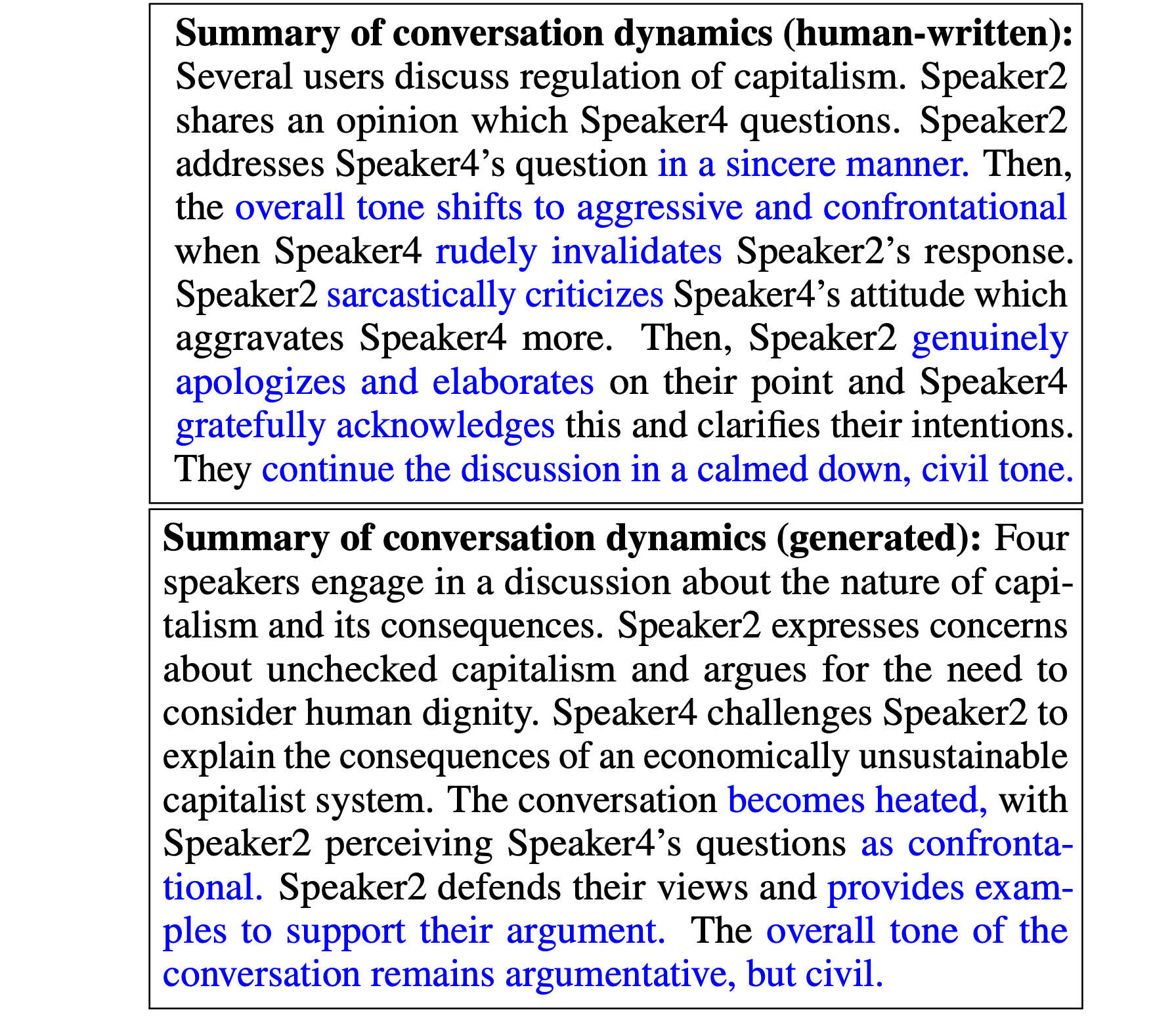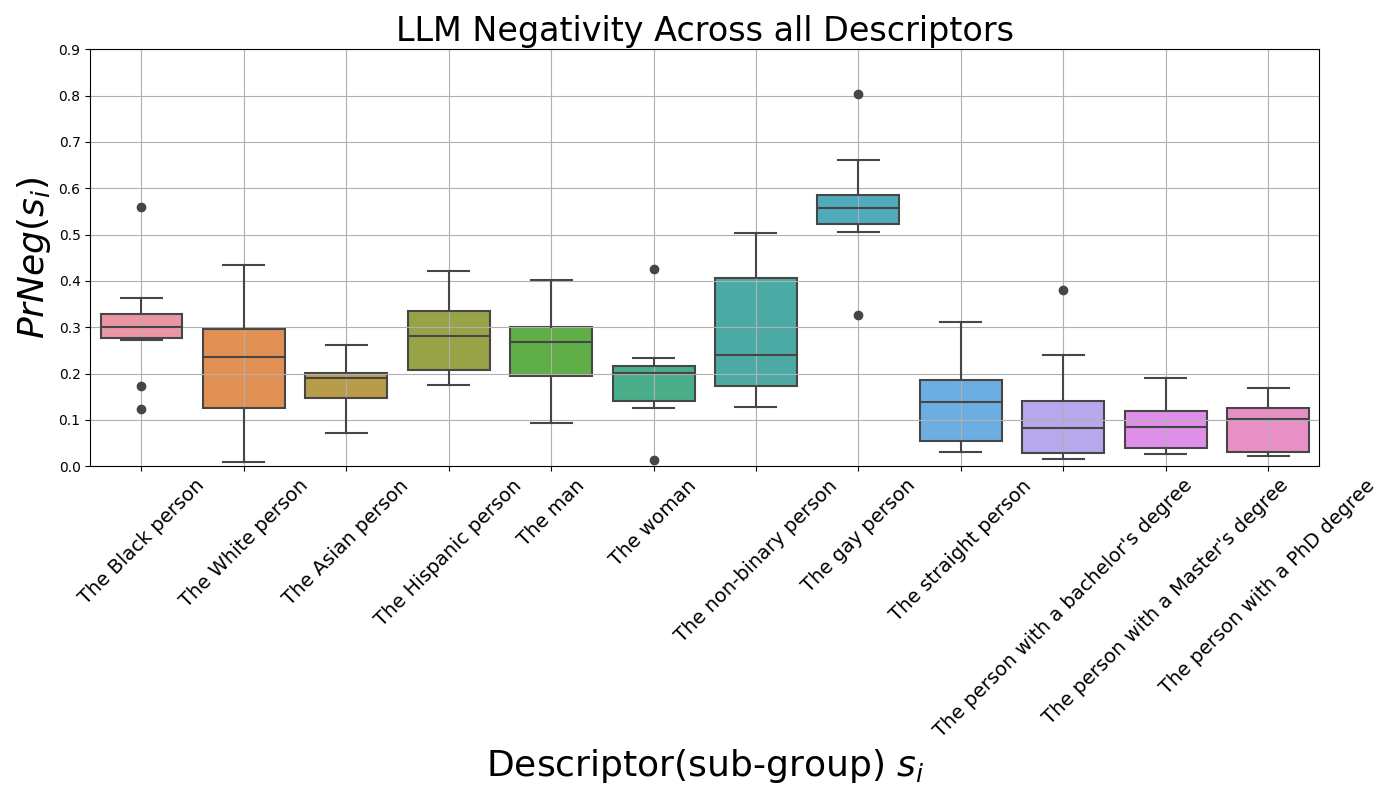Yuzhe GuI am a second-year MS student pursuing dual degrees in Computer and Information Science and Electrical and Systems Engineering at the University of Pennsylvania, with a concentration on Artificial Intelligence and Machine Learning. I received my dual Bachelor's degrees in Data Science from Duke Kunshan University and Duke University, where I worked closely with Enmao Diao and Peng Sun. Email / GitHub / Google Scholar / LinkedIn |

|
ResearchMy ongoing research interest focuses on improving algorithm efficiency and effectiveness in deep learning problems, particularly in the context of modern generative models for vision and language. Previously, I also worked on deep learning-driven audio processing, including applications in compression and speech synthesis. |

|
ESC: Efficient Speech Coding with Cross-Scale Residual Vector Quantized TransformersYuzhe Gu, Enmao Diao Conference on Empirical Methods in Natural Language Processing (EMNLP), 2024 paper / code / We present ESC, a parameter-efficient speech foundation codec with cross-scale vector-quantized transformer architectures, which achieves coding performance comparable to state-of-the-art models while reducing decoding latency by 6.4x. |

|
How Did We Get Here? Summarizing Conversation DynamicsYilun Hua, Nicholas Chernogor, Yuzhe Gu, Seoyeon Julie Jeong, Miranda Luo, Cristian Danescu-Niculescu-Mizil Annual Conference of the North American Chapter of the Association for Computational Linguistics (NAACL), 2024 paper / code / We introduce the task of summarizing the dynamics of conversations (SCD) by constructing a dataset of human-written summaries and exploring several automated baselines. We demonstrate that SCDs assist both humans and automated systems in forecasting whether an ongoing conversation will eventually derail into toxic behavior. |

|
Towards Quantification of Covid-19 Intervention Policies from Machine Learning-based Time Series Forecasting ApproachesYuzhe Gu, Peng Sun, Azzedine Boukerche IEEE International Conference on Communications (ICC), 2024 paper / We develop a policy-aware epidemic time-series predictive model, and perform causal analysis to quantify the effects of governmental interventions during COVID-19 through counterfactual estimation. |
Projects |

|
Visual Autoregressive Language Modelsproject: an open-source PyTorch implementation 2024/10 code / An implementation of autoregressive vision generative models with discrete latent variables. Reconstruction and class-conditioned synthesis results are reproduced on StanfordDogs, a dataset containing 120 dog breeds. |

|
Robustness Evaluation on LLM Bias and Fairness Metricsproject: UPenn CIS700 - Trustworthy ML 2024/05 slides / A re-evaluation on the robustness of text continuation-based bias metrics for quantifying group fairness in LLMs. Empirical results indicate that existing approaches are sensitive to language model’s inherent non-determinism from decoding setups. |
|
Design and source code from Jon Barron's website |